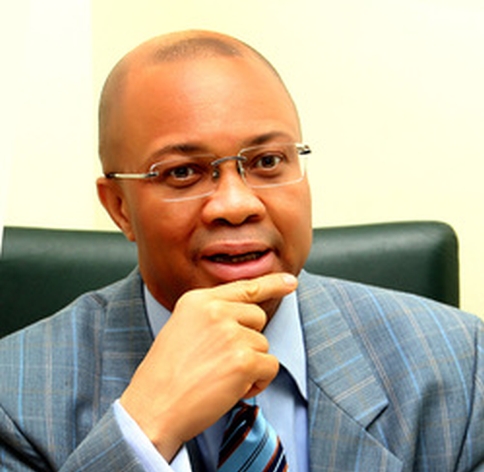The Director General, Budget Office of the Federation, Mr. Ben Akabueze has expressed some concern about Nigeria’s borrowing rate which is fast exceeding its borrowing limit
Akabueze, who raised his concern about the surging public debt stock during the induction of newly-elected lawmakers of the 10th National Assembly at the International Conference Centre in Abuja, supported his position with statistical data on the current state of the nation’s debt profile.
He explained: “While the size of the FG budget for 2023 created some excitement, the aggregate budgets of all governments in the country amount to about 30 trillion Naira. That is less than 15 percent in terms of ratio to GDP.
“Even on the African continent, the ratio of spending is about 20 percent. South Africa is about 30 percent, Morocco is about 40 percent and at 15 percent, that is too small for our needs.
“That is why there is a fierce competition for the limited resources. That can determine how much we can relatively borrow. We now have very limited borrowing space, not because our debt to GDP is high, but because our revenue is too small to sustain the size of our debt. That explains our high debt service ratio.
“Once a country’s debt service ratio exceeds 30 percent, that country is in trouble and we are pushing towards 100 percent and that tells you how much trouble we are in. We have limited space to borrow.
“When you take how much you can generate in terms of revenue and what you can reasonably borrow, that establishes the size of the budget. The next thing would be to pay attention to government priority regarding what project gets what.
“The budget is not a shopping list. In the end, the budget only contained expenditure”, the Director-General added.
It would be recalled that over the past few years, development and public finance experts had been expressing serious concern about Nigeria’s rising debt stock, cautioning the government to reduce loans due to the non-sustainability of the nation’s debt stock.
However, the Director-General of the Budget Office, the Minister of Finance, Budget and National Planning, Mrs. Zainab Ahmed, as well as the Director-General of the Debt Management Office (DMO), Ms. Patience Oniha, and many other top functionaries of the outgoing administration had maintained that the debt stock remained sustainable based on the country’s debt to GDP ratio and global thresholds.






